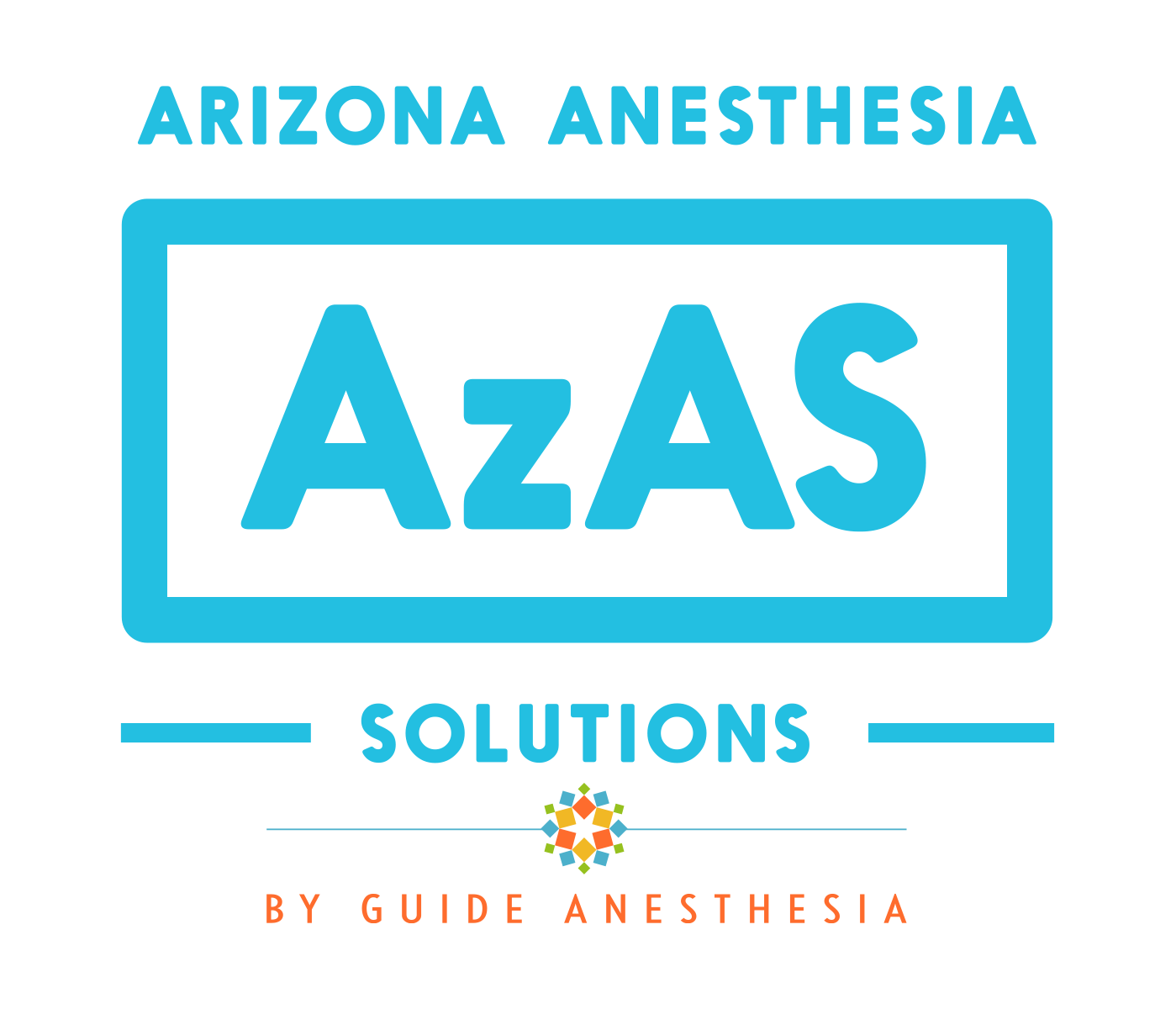Randy Quinn, MSN, CRNA,
AzAS Managing Partner
President, Arizona State Board of Nursing
Randy Quinn, MSN CRNA
Arizona Anesthesia Solutions (AzAS) has been approached by many different physician and dental offices for anesthesia services. One question we are sometimes asked is if we will be transporting medications with us to the office or facility, including scheduled medications such as fentanyl and midazolam.
In my role as President of the State Board of Nursing, I'm intimately familiar with the statutes, rules and regulations which affect the anesthesia scope of practice for CRNAs and other medical professionals, and I interact with other government agencies, including the Drug Enforcement Agency. Thus, I have a credible and unique perspective on this issue.
It is illegal for any person or organizations to transport or share controlled medications between registered facilities without a Drug Enforcement Administration DEA distributor’s license. This license is distinct from the more common prescribing license. This illegal action is termed brown bagging and can result in the loss of authority to administer and dispense controlled substances and possible personal legal action by the DEA against the anesthesia provider and the facility in which the anesthesia is provided.
“It is illegal for any person or organizations to transport or share controlled medications between registered facilities without a Drug Enforcement Administration DEA distributor’s license. This license is distinct from the more common prescribing license. ”
According to USC 21, section 822 e. “A separate registration shall be required at each principal place of business or professional practice where the applicant manufactures, distributes, or dispenses controlled substances.” This federal statute requires that every dental office, surgery center, endoscopy, or any other facility that anesthesia and controlled substances would be administered in is required to register with the DEA and obtain a specific DEA#. The DEA further clarifies in its practitioner manual that, “Every entity that handles controlled substances must be registered with the DEA. (Drug Enforcement Administration, 2006)
The DEA also requires each registered facility to maintain and store their own supply of controlled substances which cannot be shared between separately registered facilities. There are multiple documented cases of the DEA taking actions against anesthesiologists, dental anesthesiologists, dental offices and office based anesthesia providers for transporting, administering, and dispensing controlled substances in facilities that are not properly registered with the DEA.
There are also documented cases of Anesthesia providers and facilities being disciplined for transferring controlled substances from one DEA registered facility to another DEA registered facility in violation of DEA regulations. (Jeffrey J Becker, D.D.S, 2011), (Anthony E Wicks, M.D., 2013)
AzAS is committed to the highest of standards in both clinical practice and regulatory compliance, and we continue to decline requests to transport medications or participate in other schemes which may be questionable.


